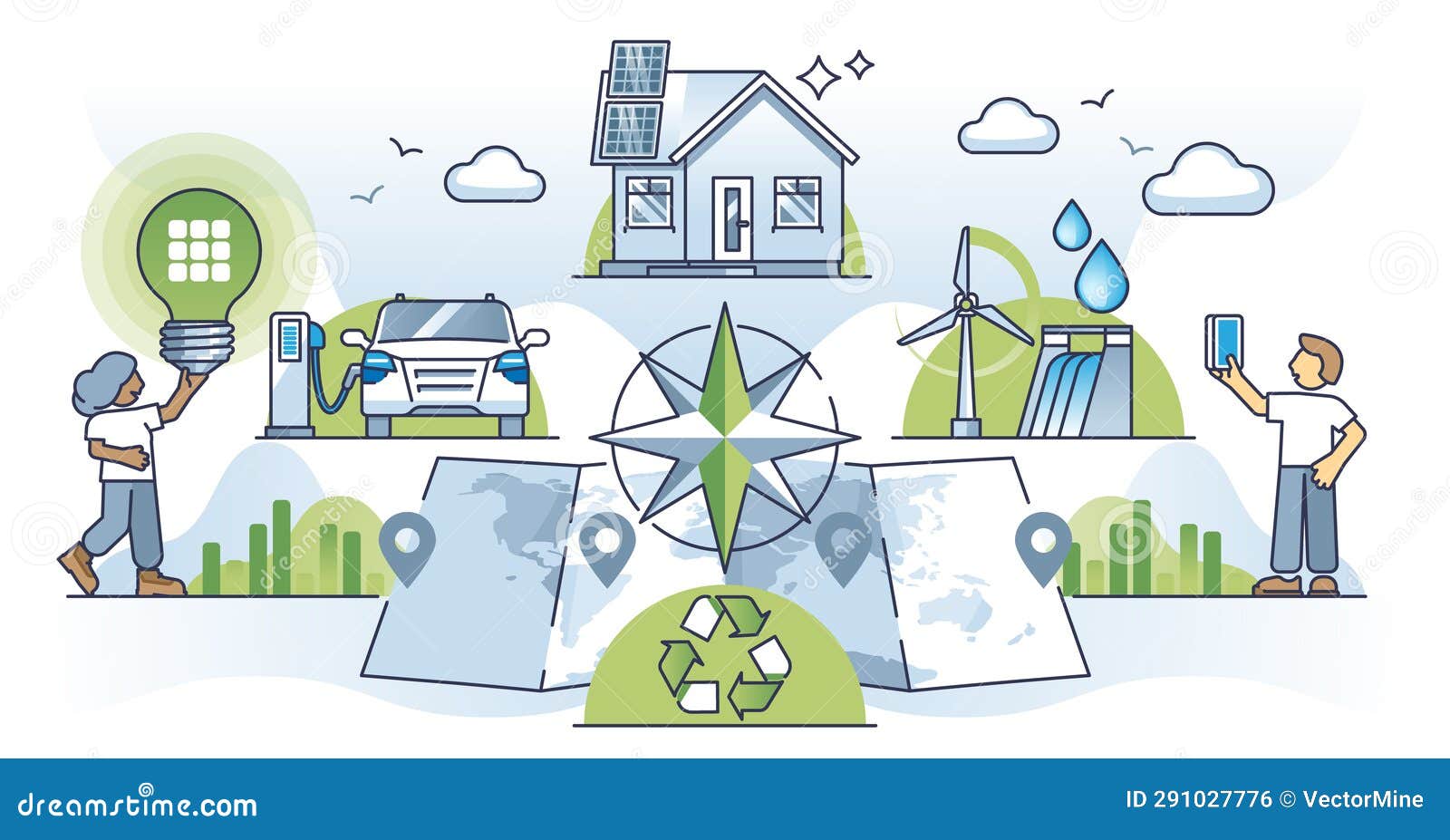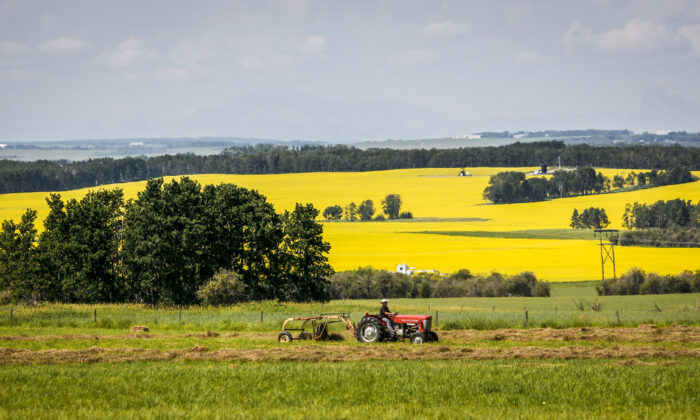Climate Change Reshapes Africa's Workforce: Navigating The Green Transition

Table of Contents
The Impacts of Climate Change on African Employment
Climate change is significantly altering employment landscapes across Africa, impacting various sectors and livelihoods. The consequences necessitate a proactive approach to building climate resilience and fostering a just transition to a green economy.
Agriculture and Food Security
Traditional agricultural practices in Africa are being severely impacted by climate change. Increased droughts and desertification are leading to crop failures, livestock losses, and widespread food insecurity.
- Increased droughts and desertification: Many regions are experiencing prolonged periods of drought, rendering land unsuitable for farming and causing significant job losses in rural communities.
- Loss of livelihoods for agricultural workers: Farmers and agricultural laborers are facing immense hardship due to reduced yields and unpredictable weather patterns, leading to poverty and displacement.
- Need for climate-smart agriculture techniques and training: The adoption of climate-resilient agricultural practices, including drought-resistant crops, water-efficient irrigation, and improved soil management, is crucial to mitigate these impacts and create new opportunities in sustainable agriculture.
Water Scarcity and Resource Management
Changing rainfall patterns and increased evaporation are exacerbating water scarcity across the continent. This affects various sectors, including agriculture, hydropower generation, and fishing.
- Decreased water availability impacting industries: Industries reliant on water resources, such as hydropower generation and fishing, are experiencing reduced output and job losses due to water shortages.
- Increased competition for water resources leading to conflict: Scarcity can lead to conflicts between different user groups, including farmers, industries, and communities.
- Opportunities in water management and conservation technologies: The growing need for efficient water management and conservation presents opportunities for job creation in areas such as water harvesting, irrigation technology, and wastewater treatment.
Increased Frequency of Extreme Weather Events
The frequency and intensity of extreme weather events, such as floods, cyclones, and heatwaves, are increasing, disrupting industries and livelihoods.
- Disruption of supply chains and infrastructure: Extreme weather events can damage infrastructure, disrupt transportation networks, and halt production, leading to job losses and economic hardship.
- Increased displacement and migration: Climate-induced disasters force people to leave their homes, leading to internal displacement and migration, creating further social and economic challenges.
- Demand for disaster relief and recovery jobs: Responding to and recovering from extreme weather events creates a demand for jobs in disaster relief, emergency response, and infrastructure reconstruction.
Opportunities for a Green Transition in Africa
Despite the challenges, the green transition presents significant opportunities for job creation and economic growth in Africa. Investing in green sectors can stimulate economic development and build climate resilience.
Renewable Energy Sector
Africa possesses abundant renewable energy resources, including solar, wind, geothermal, and hydropower. Developing these resources can create a large number of green jobs.
- Growth of renewable energy industries: The renewable energy sector is experiencing rapid growth globally, and Africa has the potential to become a major player in this field.
- Need for skilled technicians and engineers: The expansion of renewable energy infrastructure requires a skilled workforce in areas such as installation, maintenance, and operation.
- Investment opportunities in renewable energy infrastructure: Investing in renewable energy projects can attract foreign direct investment, boost economic growth, and create jobs across the value chain.
Climate-Smart Agriculture
Adopting climate-smart agriculture practices can enhance food security, improve livelihoods, and create new job opportunities.
- Drought-resistant crops and water-efficient irrigation techniques: Investing in research and development of climate-resilient crops and water-saving irrigation techniques can increase agricultural productivity and create jobs in the agricultural sector.
- Sustainable farming practices creating new jobs: Promoting sustainable agricultural practices, such as agroforestry and organic farming, can create new employment opportunities in rural areas.
- Training and education programs for farmers: Providing farmers with training and education on climate-smart agriculture techniques is essential for the successful adoption of these practices.
Green Infrastructure Development
Investing in green infrastructure projects can create jobs, enhance climate resilience, and improve quality of life.
- Development of green buildings and sustainable urban planning: Building green buildings and promoting sustainable urban planning can create jobs in construction, engineering, and related fields.
- Restoration of degraded ecosystems: Restoring degraded ecosystems, such as forests and wetlands, can create jobs in reforestation, afforestation, and ecosystem management.
- Construction and maintenance of climate-resilient infrastructure: Building climate-resilient infrastructure, such as flood defenses and drought-resistant water systems, creates jobs and enhances community resilience.
Challenges in Navigating the Green Transition
Successfully navigating the green transition in Africa requires addressing several key challenges. These challenges necessitate collaborative efforts from governments, the private sector, and international organizations.
Access to Finance and Technology
Lack of access to finance and appropriate technologies remains a significant barrier to implementing green initiatives.
- Limited access to funding for green projects: Securing funding for green projects can be difficult, especially for smaller businesses and local communities.
- Lack of technological capacity and know-how: Transferring appropriate technology and building local capacity are crucial to ensuring the successful implementation of green initiatives.
- Need for international cooperation and investment: International cooperation and investment are essential to address the financing and technology gaps.
Skills Gap and Training
The green transition requires a skilled workforce. Addressing the skills gap through education and training is critical.
- Shortage of skilled labor in green sectors: There is a significant shortage of skilled labor in many green sectors, hindering the expansion of these industries.
- Importance of vocational training and education: Investing in vocational training and education programs is essential to equip the workforce with the skills needed for green jobs.
- Public-private partnerships for training initiatives: Public-private partnerships can play a key role in developing and delivering effective training programs.
Policy and Governance
Supportive policies and effective governance are essential for a successful green transition.
- Need for clear and consistent policies promoting green jobs: Clear and consistent policies are needed to incentivize investment in green sectors and create a favorable environment for green job creation.
- Strengthening institutional capacity for climate action: Strengthening institutional capacity for climate action is essential for effective policy implementation and monitoring.
- Promoting inclusive and equitable policies: Policies should be designed to ensure that the benefits of the green transition are shared equitably across all segments of society.
Conclusion
Climate change is undeniably reshaping the African workforce, presenting both significant challenges and substantial opportunities. A successful green transition requires a concerted effort involving governments, the private sector, and international organizations. By investing in renewable energy, climate-smart agriculture, and green infrastructure, while simultaneously addressing the skills gap and ensuring access to finance and technology, Africa can create a climate-resilient and prosperous future. Embracing the green transition and actively participating in creating green jobs is not just an environmental imperative, but an economic necessity for the African continent. Let's work together to navigate this transition effectively and build a sustainable future for all. Learn more about how you can contribute to the green transition in Africa today!

Featured Posts
-
 European Shipyards Fueling Russias Arctic Gas Trade A Deep Dive
Apr 26, 2025
European Shipyards Fueling Russias Arctic Gas Trade A Deep Dive
Apr 26, 2025 -
 First Look Mission Impossible Dead Reckoning Part Two Standee At Cinema Con
Apr 26, 2025
First Look Mission Impossible Dead Reckoning Part Two Standee At Cinema Con
Apr 26, 2025 -
 Mission Impossible The Final Reckoning Ignoring Two Sequels
Apr 26, 2025
Mission Impossible The Final Reckoning Ignoring Two Sequels
Apr 26, 2025 -
 Dave Portnoys Fierce Criticism Of Gavin Newsom
Apr 26, 2025
Dave Portnoys Fierce Criticism Of Gavin Newsom
Apr 26, 2025 -
 Doj Seeks 7 Year Prison Sentence For George Santos In Extensive Fraud Case
Apr 26, 2025
Doj Seeks 7 Year Prison Sentence For George Santos In Extensive Fraud Case
Apr 26, 2025
Latest Posts
-
 Pam Bondi And The Epstein Client List A Timeline Of Events
May 10, 2025
Pam Bondi And The Epstein Client List A Timeline Of Events
May 10, 2025 -
 Unsealed Documents What Pam Bondi Knows About The Epstein Client List
May 10, 2025
Unsealed Documents What Pam Bondi Knows About The Epstein Client List
May 10, 2025 -
 The Epstein Client List Pam Bondis Involvement And Potential Fallout
May 10, 2025
The Epstein Client List Pam Bondis Involvement And Potential Fallout
May 10, 2025 -
 The Future Of Chinas Canola Imports A Look At New Suppliers
May 10, 2025
The Future Of Chinas Canola Imports A Look At New Suppliers
May 10, 2025 -
 China Re Evaluates Canola Supply Sources After Canada Relations Sour
May 10, 2025
China Re Evaluates Canola Supply Sources After Canada Relations Sour
May 10, 2025
